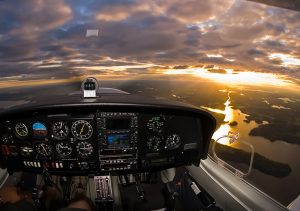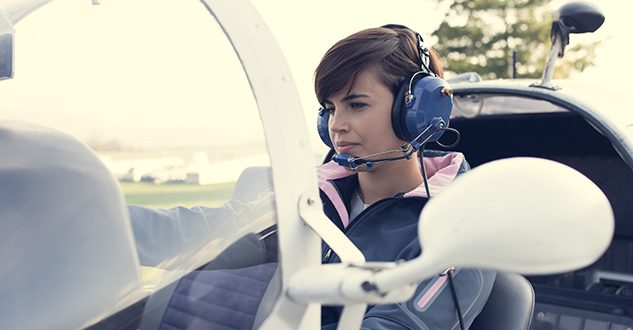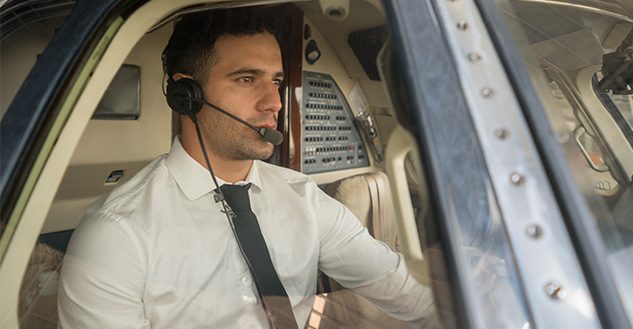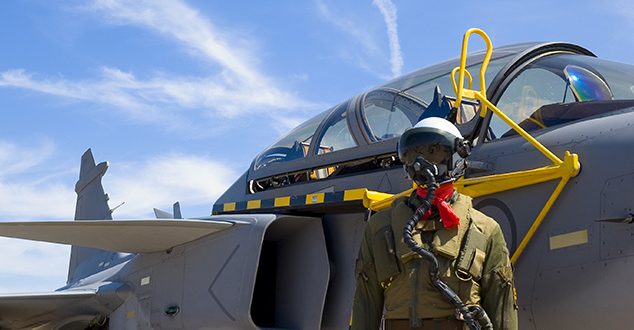Commercial Pilot License Requirements
Meeting the requirements for becoming a commercial pilot can be a heady task, but the Paragon Flight Professional Pilot Program (P3) offers the training that you need to earn your license and become a Certified Flight Instructor (CFI) in fewer than 10 months.
 Student-pilots who come to Paragon Flight discover that we provide all of the features needed for exceptional flight training. We’re not like other flight schools that promise the world only to offer disappointment when you arrive. We provide a versatile fleet of aircraft, exceptional flight instructors, and superior curriculum.
Student-pilots who come to Paragon Flight discover that we provide all of the features needed for exceptional flight training. We’re not like other flight schools that promise the world only to offer disappointment when you arrive. We provide a versatile fleet of aircraft, exceptional flight instructors, and superior curriculum.
Paragon Flight offers two locations in lovely Southwest Florida: one in Punta Gorda (PGD) and the other in Fort Myers (FMY). The sunny, clear skies in the area mean cleared for takeoff opportunities for our student-pilots. The beautiful attractions and sights from the sky similarly speak to the joy of pilots. The result is plenty of opportunity for logging flight hours and a myriad of expert flight instructors.
The Jeppesen Curriculum, produced by a subsidiary of the Boeing Company, is a world-class training program, proven to help pilots earn their licenses 30% faster than the national average.
Become a Commercial Pilot
A Commercial Pilot License (CPL) allows pilots to perform services for compensation. Professional pilots are able to move cargo and passengers, provide survey services, and perform search and rescue.
If you’d like to move on past the commercial pilot stage to work as an airline pilot, you will also have to earn the highest pilot license, the ATP or Airline Transport Pilot certificate, and log 1,500 flight hours.
Paragon Flight’s Professional Pilot Program (P3) offers a way to earn the Commercial Pilot License (CPL) and become a Certified Flight Instructor (CFI). To qualify for participation, you’ll need to meet the following requirements:
- 18 years old
- High school graduate or GED recipient
- Provide a personal character reference and a professional character reference
- Demonstrate a clean MVR and FAA record
- Pass a criminal background check, behavioral assessment, and cognitive evaluation
- Obtain an FAA 1st Class Medical Certificate
- Read, write, speak, and understand English well
- Have full-time availability for 4-5 flight lessons and 10-20 hours of ground training each week
- Exhibit integrity, drive, and ambition
As you can tell from these requirements, the P3 Program is rigorous and fast-paced.
Professional Pilot Program (P3) Schedule
- 0-10 Weeks Private Pilot License (PPL) – foundational program for all future aviation training. This phase will teach you best practices and instill effective habits for use in the future as a safe and skilled professional pilot.
- 11-18 Weeks Instrument Flight Rating (IFR) – second phase that prepares pilots to use navigation and communication equipment, skills that every commercial pilot needs on virtually all flights.
- 19-30 Weeks Commercial License, Single Engine & Multi Engine (CSEL & CMEL) – during this phase of training, students prepare to complete the evaluations needed to become a commercial pilot of both single-engine and twin-engine aircraft.
- 31-38 Weeks Certified Flight Instructor (CFI) – this last phase of training prepares a commercial pilot to operate as a flight instructor, credentials that will allow for making a living and logging flight hours for future candidacies.
If you’re ready for a commercial pilot license program that meets all of the requirements and allows you to meet your goals faster and more affordably, consider the P3 Professional Pilot Program at Paragon Flight. We can also help in your search for financial resources – from traditional student loans to personal lending. Contact us for more information by following this link or calling (239) 274-3170 for the Fort Myers, Fl location or (949) 336-7494 for Punta Gorda.




